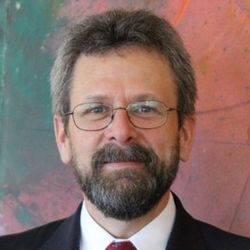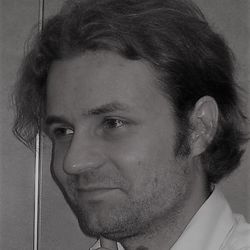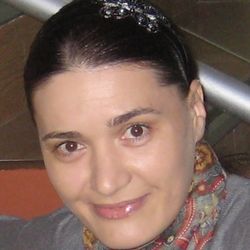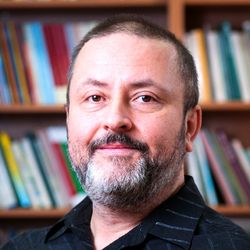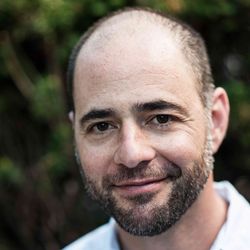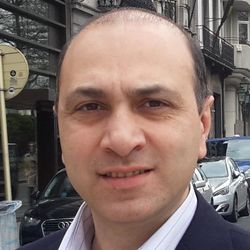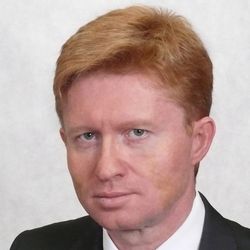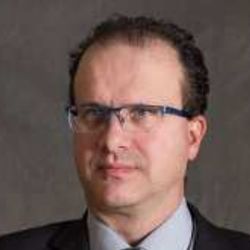
Konstantin S. Krasovsky graduated from the Kiev National University in 1980 and obtained a Ph.D. degree in geology in 1984.
1983 – 1994 – Researcher, the National Academy of Sciences of Ukraine.
1994 – Consultant at the Alcohol, Drugs and Tobacco Unit, WHO Regional Office for Europe (Copenhagen, Denmark).
Since 1995 – Executive director, Alcohol and Drug Information Center in Kyiv, Ukraine.
2007–2009 – National Tobacco Control Officer, the WHO Country Office in Ukraine.
2009-2018 – Head of the tobacco control unit at the Ukrainian Institute for Strategic Research of the Ministry of Health of Ukraine.
Organized the WHO Conference ‚Alcohol and Other Drugs Problems in rapidly changing socio-economic environments’ (Kiev, October 1993) and other WHO meetings.
In 2001, he was the principal investigator in the World Bank project on tobacco control economics in Ukraine.
In 2003–2004, he was a policy fellow at the Open Society Institute (Budapest, Hungary) on Tobacco Economics and Advocacy.
In 1999, coordinated the Ukrainian part of the Global Youth Tobacco Survey. Took part in several meetings of the Global Tobacco Surveillance System (Geneva, 1998, Bangkok, 1999, Singapore, 1999, Copenhagen, 2002, Atlanta, 2008, 2009).
In 2002-2010, he was a consultant of Tobacco Control Resource Center for Russian speaking countries, funded by the Open Society Institute.
In 2007-2010, he was a member of the National Public Health Board of the President of Ukraine.
Since 1997, took part in the 10th, 11th, 12th, 13th, 15th, 16th and 17th World Conferences on Tobacco or Health and other international tobacco control meetings.
In 2014-2018 he was a short-term consultant of the World Bank on tobacco taxation.
He took part as an expert in the WHO missions to Moldova (1995), Belarus (2010), Kazakhstan (2015), Kyrgyzstan (2014, 2017), Tajikistan (2011, 2013, 2015), Uzbekistan (2013) and Turkmenistan (2011, 2016). Since 2000, he worked as a trainer at several tobacco control workshops in Ukraine, Russia, Turkey, Georgia, Armenia, and Kazakhstan.
On 31 May 2003 he was awarded by the World Health Organization Award in recognition of outstanding contribution to tobacco control.
He is an author of over 100 publications on tobacco control, alcohol policy and other public health issues.
